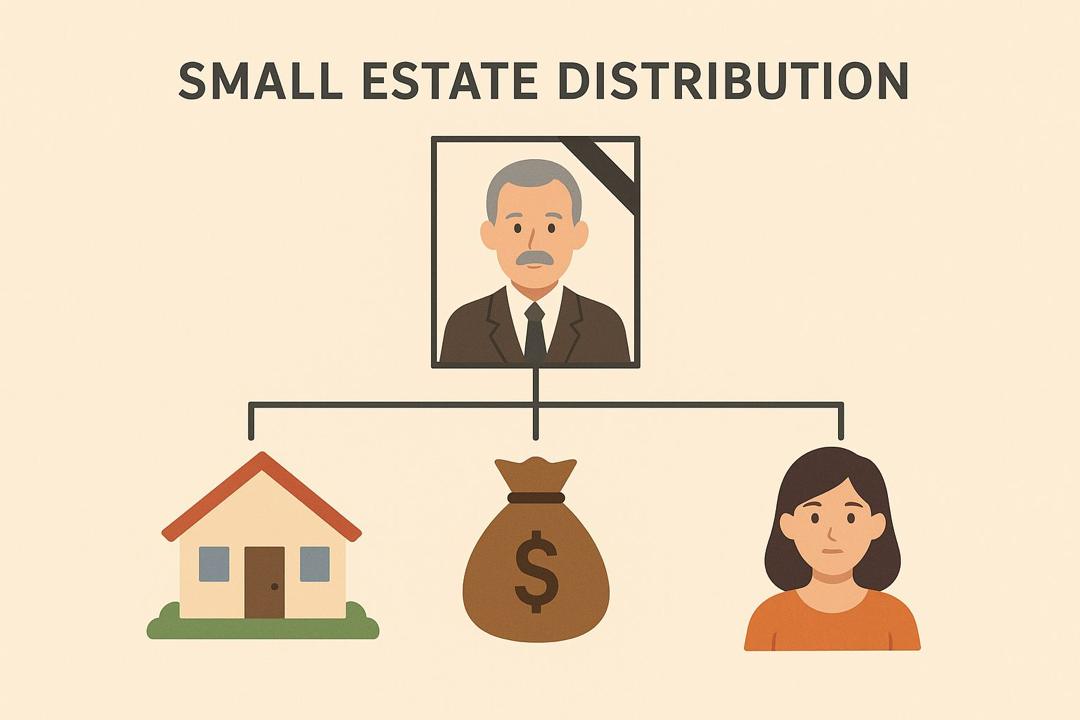
Why You Must Take the Personal Data Protection Act 2010 Seriously in 2025
The Personal Data Protection (Amendment) Act 2024 is now fully enforced, making data protection crucial for all businesses. Whether you run a café or law firm, if you collect personal data, PDPA applies to you. Follow the seven key principles, get customer consent, and publish a PDP Notice to stay compliant and build trust. Protecting data today protects your business tomorrow.
Read More »




